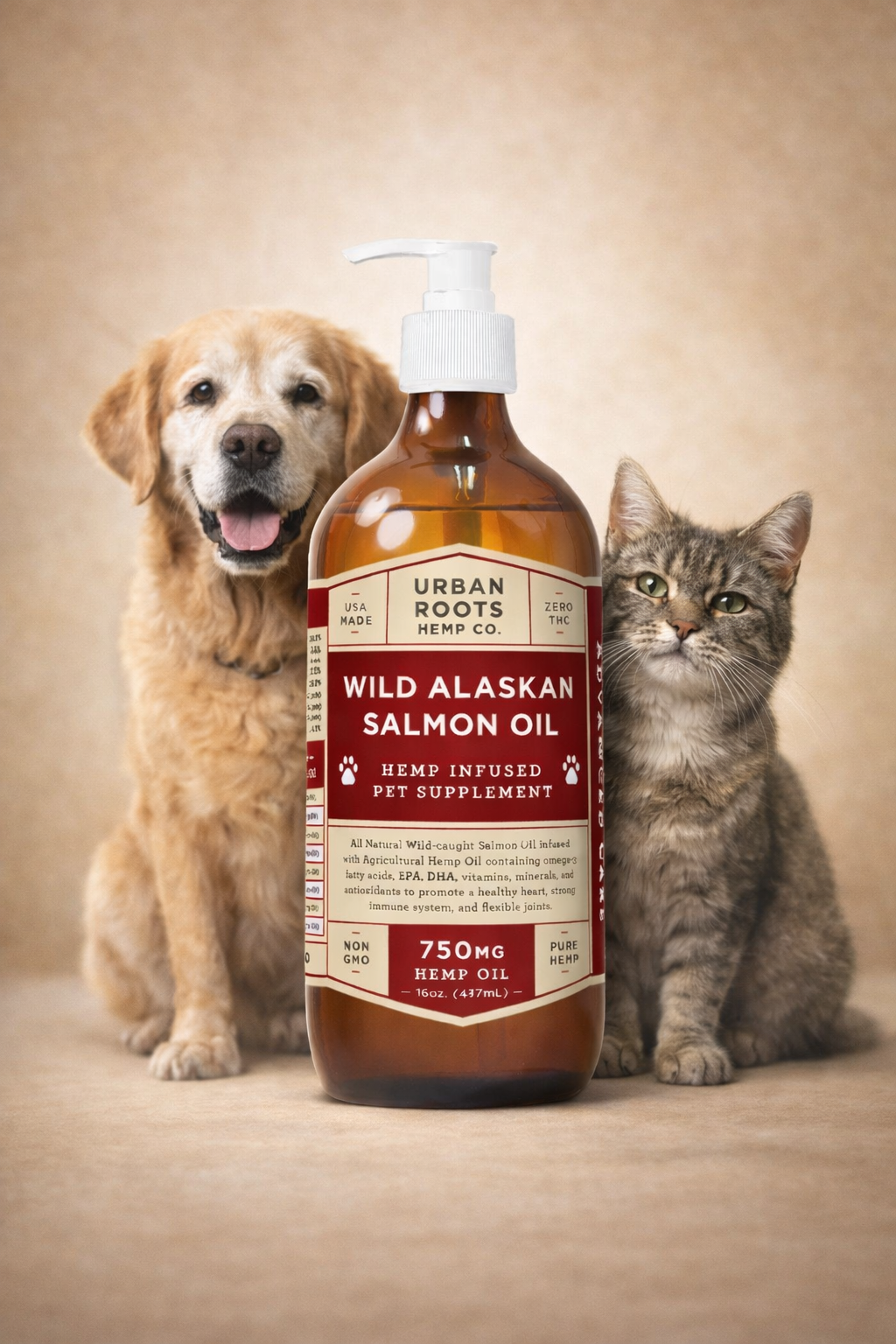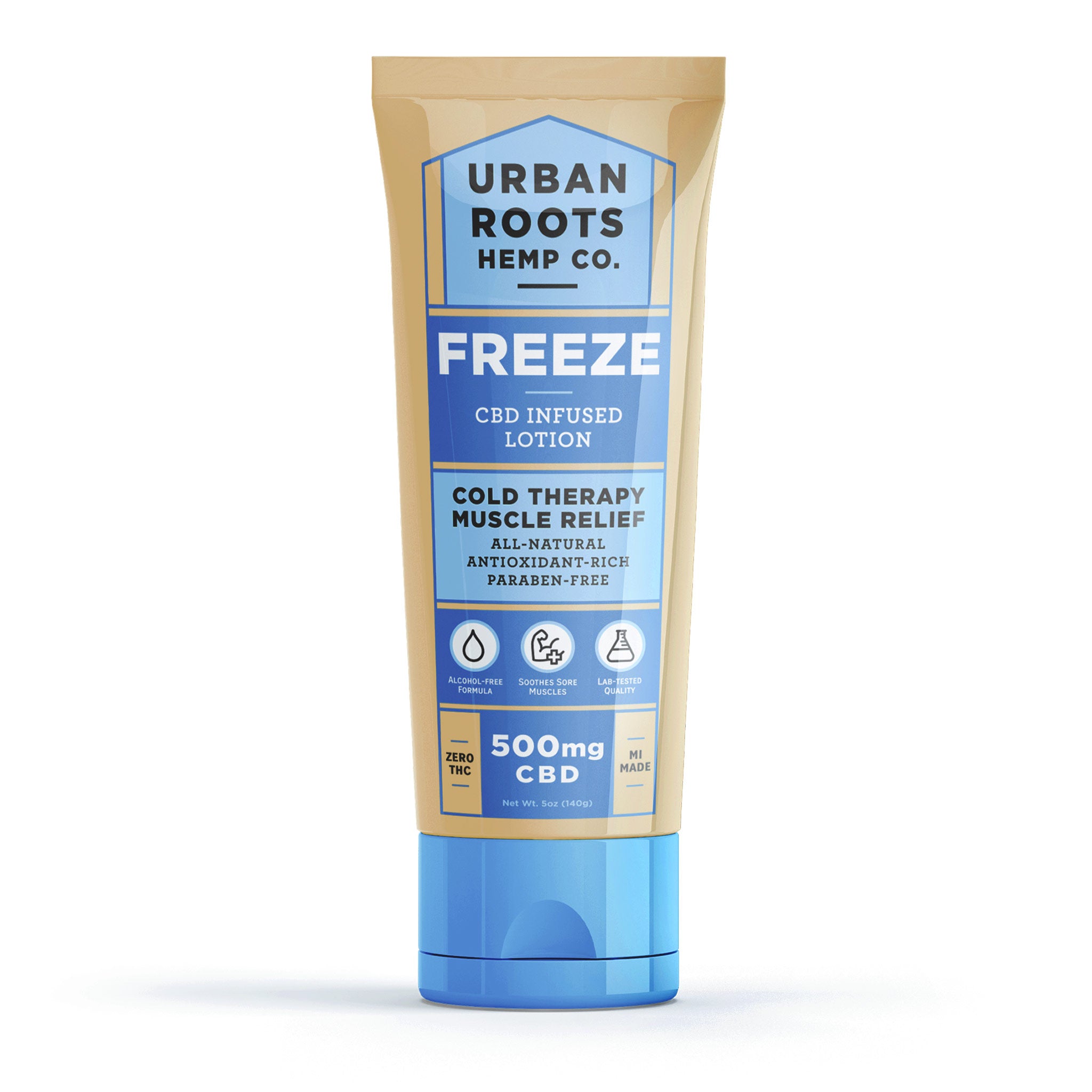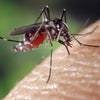Is CBD Actually Effective?

You can buy CBD in grocery stores, online, and even in gas stations in most states across the country. Not to mention in cannabis-specific stores and dispensaries in an increasing number of states.
With this massive explosion in popularity and availability, many are asking the question, “Does CBD really work?” It’s a valid question. There are many supplements and products out there that purport to cure (or at least help with) health ailments or promote general health and wellness.
Does CBD Work?
So what’s the deal with CBD? The truthful answer is that there is still a lot of research to be done and that science is largely still in its beginning stages of studying the potential of this substance. A lack of general FDA approval (except for use in a drug for epilepsy that contains CBD) means that we or any other company cannot say definitively that CBD treats or cures any health illness or disorder.
However, we can say that the clinical and preclinical research that has been undertaken looks extremely promising and we are starting to understand the vast scope of applications for CBD. According to this article on sciencenews.org, studies are quickly picking up the pace. They report that medical researchers are increasingly filling the CBD-research void, with the National Institutes of Health funding for CBD studies growing from zero in 2014 to an estimated $16 million in 2018.
The general consensus that is starting to form among medical professionals is that CBD is safe and effective and has the potential to treat a range of health issues. Research just needs to determine the finer points of what exactly all of those issues are.
Consumers Think CBD Is Effective
In a study published in the U.S. National Institutes of Health's National Library of Medicine, nearly 2,500 people took a survey designed to characterize who, how, and why individuals are currently using CBD. The results showed that 62% of respondents reported using CBD to treat conditions like pain, anxiety, and depression. Additionally, nearly 36% of respondents reported that CBD treats their medical condition(s) “very well by itself,” while only 4.3% reported “not very well.”
Although anecdotal evidence and survey responses don’t necessarily prove scientifically that CBD can definitively treat the conditions named, such a broad outpouring of consumer support has been instrumental in spurring on further CBD studies.
CBD Effectiveness Studies
Though there is more work to be done, the wide range of anecdotal evidence is increasingly supported by animal studies and early human trials for certain conditions.
CBD for pain and arthritis - One of the main uses for CBD is to help people with both arthritic and other forms of chronic pain. An animal study published in the journal Pain look into whether CBD has potential in treating and preventing osteoarthritis pain and joint neuropathy. Researchers found that CBD was indeed effective at both decreasing joint inflammation and protecting nerves.
Additional clinical human studies published in Therapeutics and Clinical Risk Management indicate that cannabinoids have been helpful with easing pain for individuals diagnosed with conditions such as multiple sclerosis, cancer, and rheumatoid arthritis.
CBD and anxiety – There are numerous studies which suggest CBD is effective at treating anxiety, as well as other mental health issues. One such study, published in the National Center for Biotechnology Information (NCBI), had this to say about the benefits of CBD and its effectiveness in treating Social Anxiety Disorder:
“Pretreatment with CBD significantly reduced anxiety, cognitive impairment, and discomfort in their speech performance, and significantly decreased alert in their anticipatory speech. The placebo group presented higher anxiety, cognitive impairment, discomfort, and alert levels when compared with the control group as assessed with the VAMS. The SSPS-N scores evidenced significant increases during the testing of the placebo group that was almost abolished in the CBD group.”
In other words, the group which received the CBD had significantly less social anxiety than the group that did not receive the CBD (the placebo group).
Other research reported that preclinical evidence “strongly supports CBD as a treatment for generalized anxiety disorder, panic disorder, social anxiety disorder, obsessive-compulsive disorder, and post-traumatic stress disorder when administered acutely; however, few studies have investigated chronic CBD dosing.”
Similarly, “evidence from human studies supports an anxiolytic role of CBD, but is currently limited to acute dosing, also with few studies in clinical populations.” Generally, the studies and evidence all point towards the fact that CBD has great potential as a treatment for multiple anxiety disorders, while further study is needed for chronic and therapeutic effects in relevant clinical populations.
CBD as an anti-seizure treatment – As we’ve mentioned before, a CBD derived drug to treat epilepsy has already been approved by the FDA. There have also been a number of studies done to test CBD’s efficacy in treating the different types of epilepsy and their associated seizures.
One study, published in the New England Journal of Medicine, found that there was a median decrease of 38.9 percent in the frequency of seizures for patients with Dravet Syndrome (a rare form of epilepsy) who received CBD.
Alzheimer’s and dementia – Although only in its early stages, research looking into CBD as an effective treatment or cure for Alzheimer’s and dementia is becoming more common. The results so far have been promising. CBD decreases toxic proteins in the brain that can lead to or worsen these conditions and has been shown to increase the number of CB1 and CB2 receptors in the brain—both of which are part of the endocannabinoid system and which are related to Alzheimer’s.
Is CBD Effective?
The consumer sales of CBD are expected to hit 1.8 billion dollars by 2022, an increase from around half a million dollars of sales in 2018. Needless to say, this industry is expanding rapidly. And although not yet approved by the FDA, the science is quickly catching up to the hype.
As the studies above indicate, the early preclinical and clinical human studies, along with a host of animal studies, all show that CBD is or has potential to be a treatment option for a whole range of health problems. Additionally, the most important thing to remember is that CBD is completely non-toxic and has no known negative health effects. That means you can give it a try to see if it works for you.
The convergence of medical study and consumer preference has rarely been so strong as it is becoming with CBD today. Take advantage of CBD and your body’s endocannabinoid system by seeing if CBD is right for you today.
 |
The perfect dose of CBD for the consumer who wants it exact, every time. Our 25mg CBD capsules allow for consumers to take 1, 2, 3, or 4 capsules to reach their desired daily dose. |









